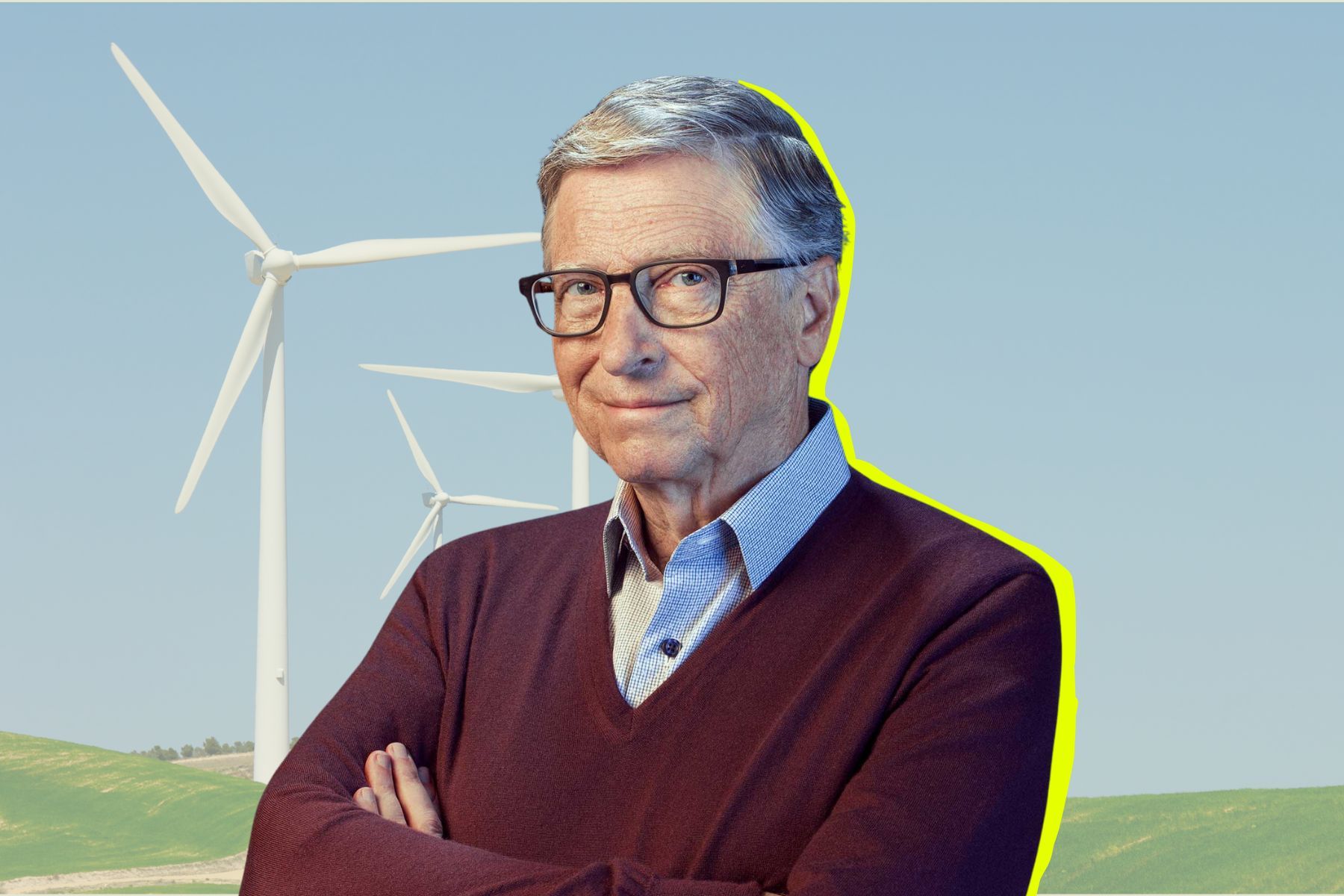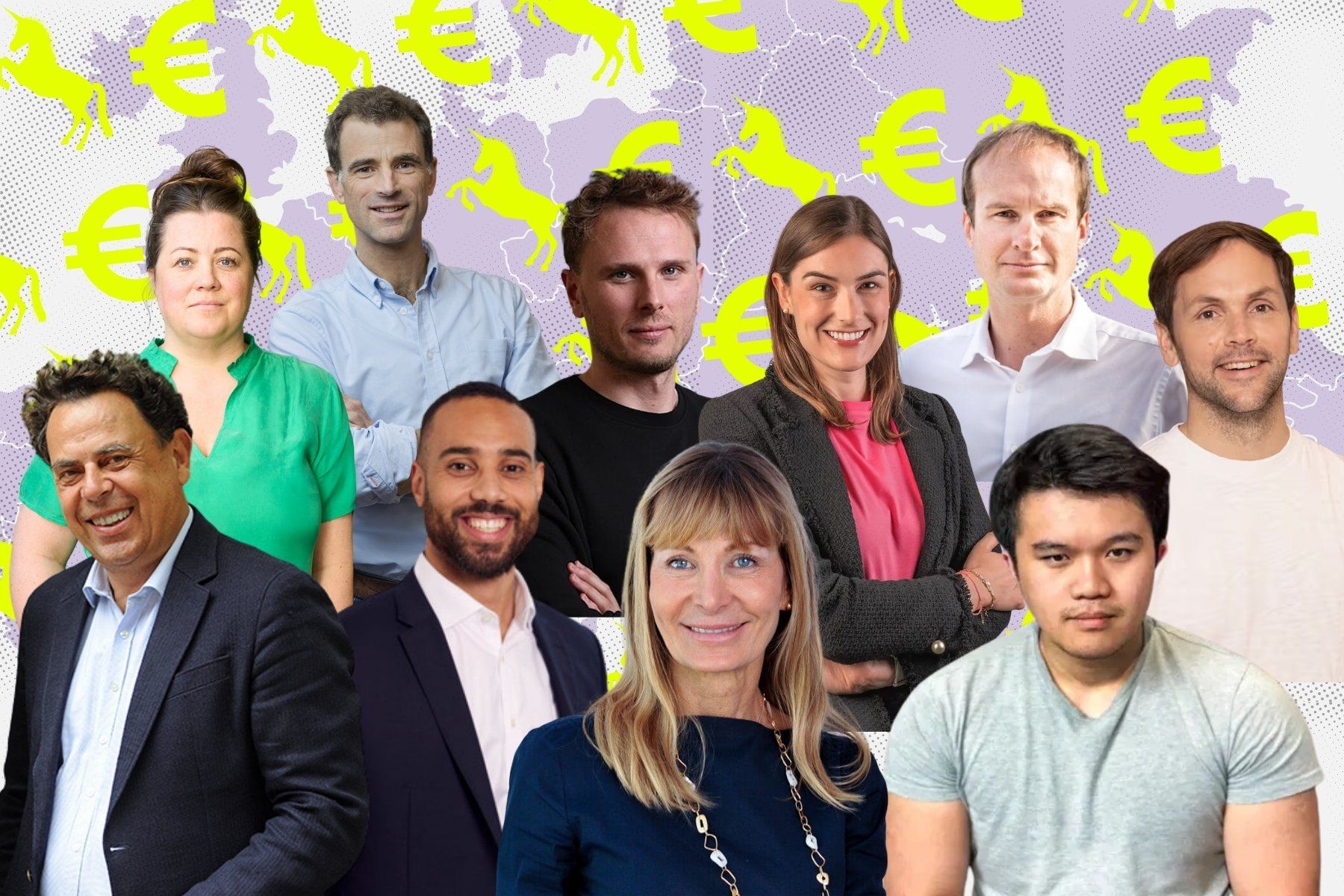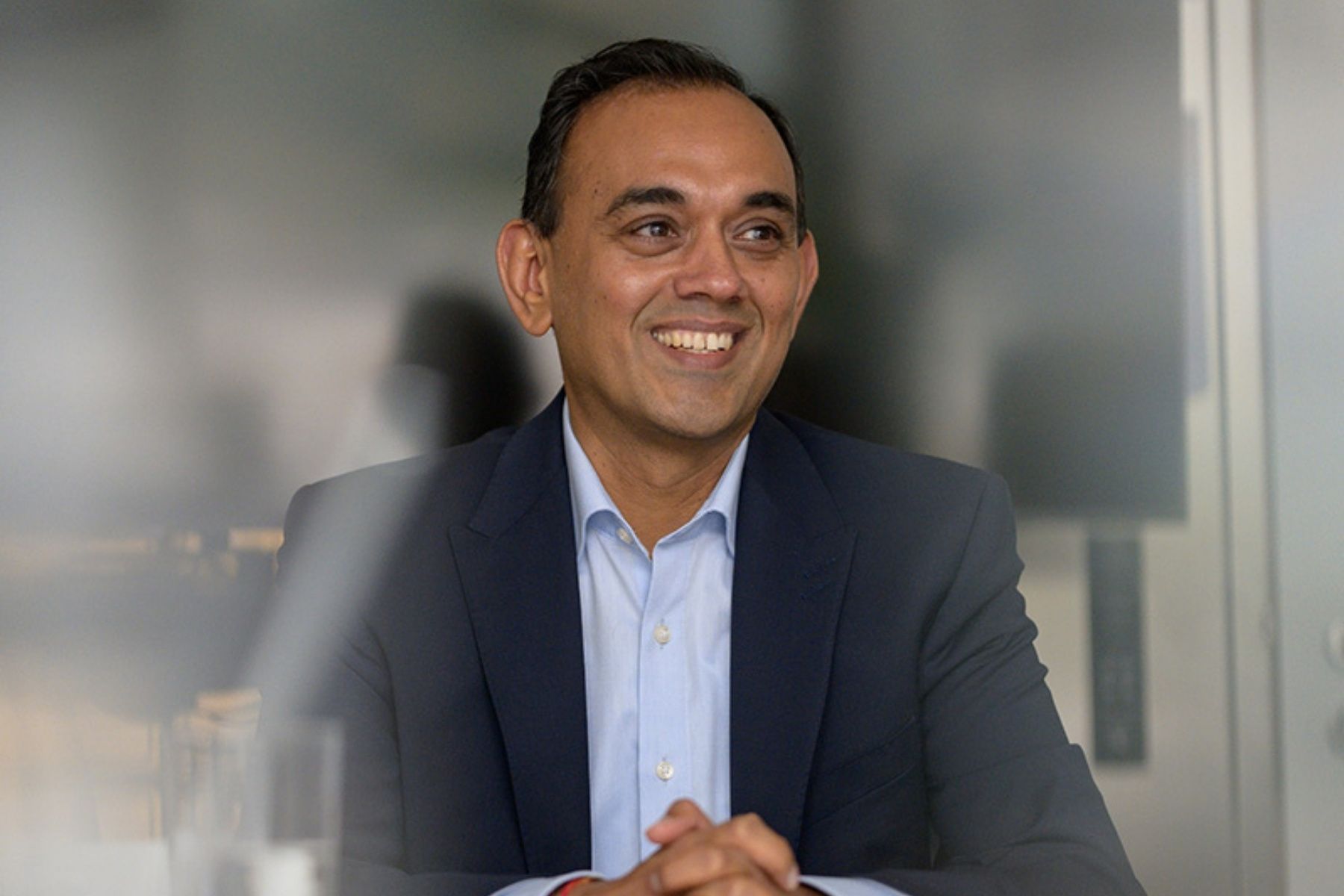Bill Gates urges investors to back climate tech with ‘zero’ green premium: ‘Biggest growth story of the century’
Bill Gates says closing the “green premium” is now the key measure of climate progress, and he’s calling on investors to back the companies that can get us there. He also reveals the sectors and startups he believes will drive growth.
.png)

Bill Gates believes one metric still defines our progress on climate change: the green premium. The Microsoft billionaire coined the term in 2021 to describe the additional cost of choosing cleaner technologies over traditional ones.
In a new essay titled Three Tough Truths About Climate, the Microsoft co-founder argues that while progress has been made in renewables and electric mobility, the price gap in several carbon-intensive industries remains too wide. Until those costs converge, he suggests, emissions reductions will stall.
Gates, the founder of Breakthrough Energy Ventures, believes investors have a key role to play in closing the price gap.
“If you’re an investor, I encourage you to invest in companies working on high-impact clean technologies that will eventually have no green premium,” Gates writes.
“I’m putting more of my own money into these efforts because reducing the green premium to zero demands more for-profit capital,” he continues. “It’s also a fantastic investment in what will be the biggest growth industry of the twenty-first century.”
The hard-to-abate challenge
The green premium has narrowed sharply in some sectors – solar and wind are now competitive with fossil fuels in many markets – but remains substantial elsewhere. Producing low-carbon steel or cement still costs considerably more than conventional methods, while sustainable aviation fuel can be up to five times the price of kerosene.
For Gates, this is where the next wave of innovation must focus. Through Breakthrough Energy, he has backed companies such as Boston Metal, which is developing fossil-free steel using electrolysis, and Brimstone and Ireland’s Ecocem, which are working on low-carbon cement. Others, like Koloma, are exploring clean hydrogen for industrial heat.
These firms are still at early commercial stages, but Gates argues that scaling them could bring costs down in the same way wind and solar benefited from decades of investment and policy support.
Policy and investment signals
For investors, Gates suggests that areas with high green premiums also indicate where climate impact – and long-term returns – may be greatest. He calls for public and private capital to prioritise technologies that can achieve cost parity without compromising performance.
The essay also reiterates a message to policymakers: pledges alone are insufficient if green options remain more expensive. Aligning regulation, infrastructure, and incentives around affordability, he says, will be key to unlocking wider adoption.
“The countries that win the race to develop these breakthroughs will create jobs, hold enormous economic power for decades to come, and become more energy independent,” Gates writes.
Get full access to Europe's new platform for impact news
- Quality journalism, interviews, investor profiles and deep-dives
- Daily newsletter with top stories, latest funding rounds and roundup to keep you in the loop
Keep reading – get in the loop!
- Håll dig i loopen med vårt dagliga nyhetsbrev (gratis!)
- Full tillgång till daglig kvalitetsjournalistik med allt du behöver veta inom impact
- Affärsnätverk för entreprenörer och investerare med månatliga meetups
Fortsätt läsa – kom in i loopen!
- Håll dig i loopen med vårt dagliga nyhetsbrev (gratis)!
- Full tillgång till daglig kvalitetsjournalistik med allt du behöver veta inom impact
- Affärsnätverk för entreprenörer och investerare med månatliga meetups









